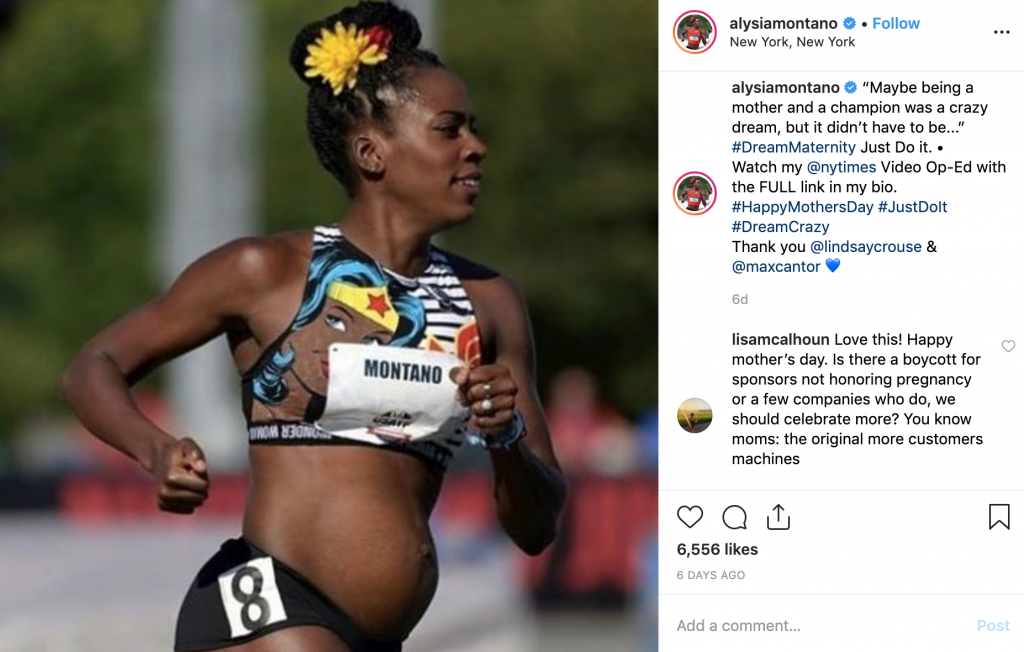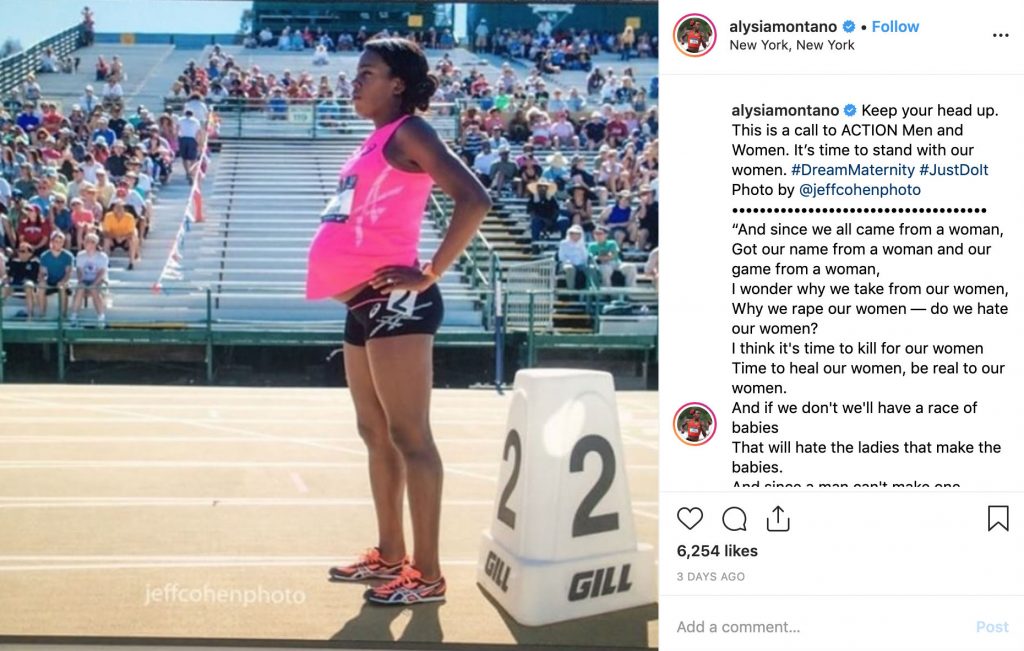
Dream Crazy.
Dream Crazier.
Dream With Us.
If you know the marketing industry, you’d immediately get the brand behind these. Nike.
Dream Crazier (February 2019) and Dream With Us (May 12, 2019) are very recent, and focused on female sportspersons.
This is excellent marketing. It’s based on fantastic insights, presses a strong button inside audiences, connects to brand to a lofty goal and puts Nike in a positive frame of reference in people’s mind. But, all this is marketing.
Marketing fails when the brand doing it doesn’t stand for what it promises. Or, falters in one/more significant parts of that promise.
For athletes, their income is based largely on sponsorship deals. Nike is one of the major sponsors for women athletes, and hence it makes sense for Nike to talk about sports and women in sports in marketing.
Where that doesn’t align with real life is when Nike has contracts with athletes to keep up to a performance standard, and if they drop from that standard, the payment stops. This seems fair, broadly, for a sponsoring company, but when that drop in standard happens because of natural, biological causes like pregnancy, what should Nike do?
As per Nike’s contract, it can reduce an athlete’s pay if the athlete doesn’t meet a pre-determined performance threshold. There are no exceptions for childbirth, pregnancy or maternity.
The background, to begin with, is this startling fact: The United States is one of the only countries in the world that has not passed laws requiring business and corporations to offer paid maternity leave to their employees.
So, Nike is perhaps just sticking to the country-level rule. But if that is at contrast with generally-accepted and practical wisdom, the marketing starts to seem like bombast.
Alysia Montaño, an Olympic runner and three-time U.S. national champion recently tested that marketing construct with an op-ed in The New York Times. She says, “The four Nike executives who negotiate contracts for track and field athletes are all men”.
Read the full op-ed: Nike Told Me to Dream Crazy, Until I Wanted a Baby.



The PR impact was swift and brutal since the difference between marketing and reality is so very obvious to notice. Other brands like Burton (an outdoor brand) took the opportunity to learn from this issue and proactively make amends.
And it took Nike a week to take note of the damage. On May 17th, they announced: ‘Last year we standardized our approach across all sports to support our female athletes during pregnancy, but we recognize we can go even further. Moving forward, our contracts for female athletes will include written terms that reinforce our policy’.
This is a great example of a person taking on a giant corporation with nothing but the truth, and making them relook at their policy.
And of the fact that PR can dwarf marketing, if it really has an authentic and impactful story to tell.
